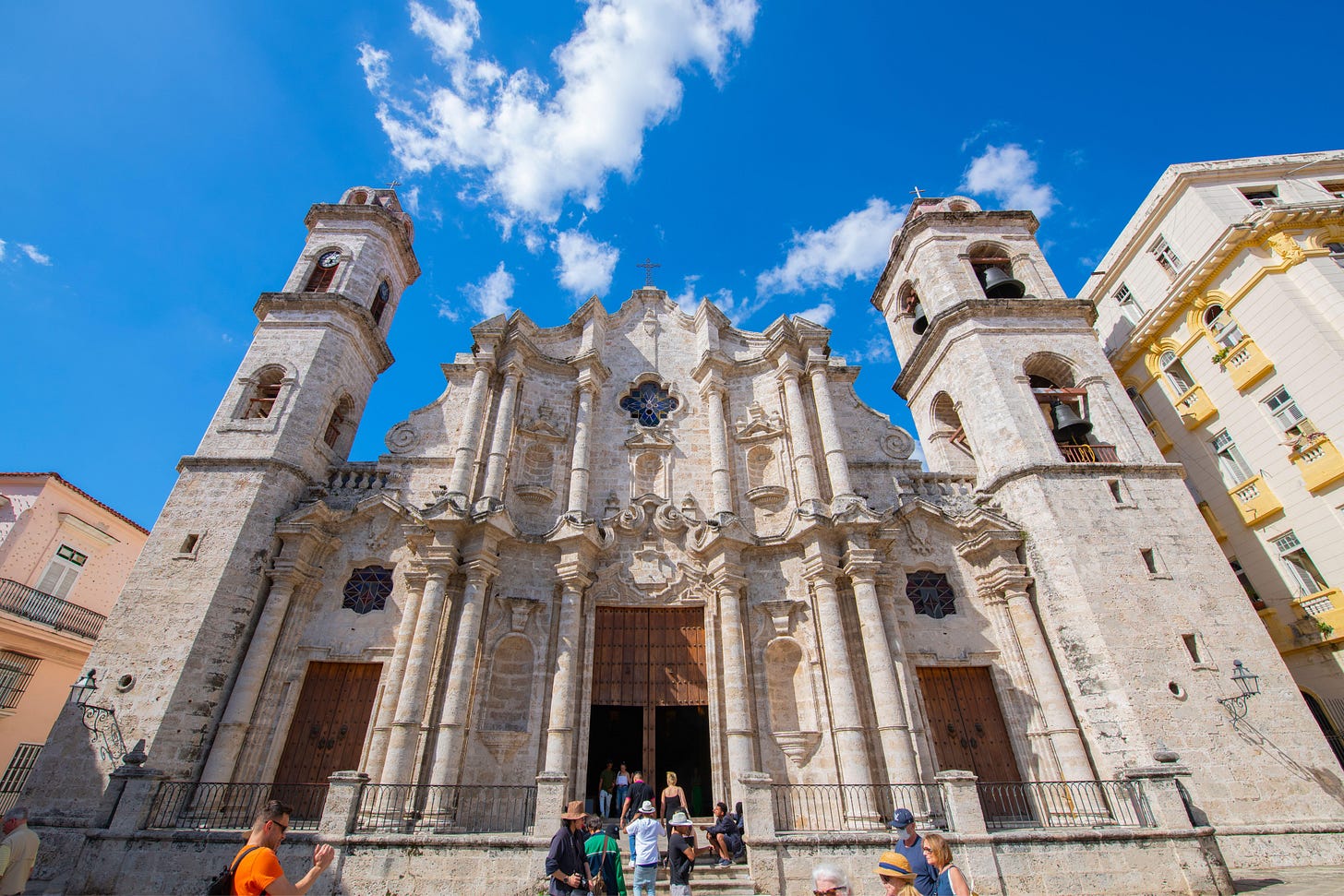Cuban bishops make plea for ‘economic and political changes’
"We cannot continue on this path…we need to do something to save Cuba."
In an unusually direct criticism of the communist government, the Cuban bishops’ conference has released a pastoral letter calling on Cubans “to do something to save Cuba and restore our hope.”
The letter, released June 15, calls for a structural transformation of the islan…

